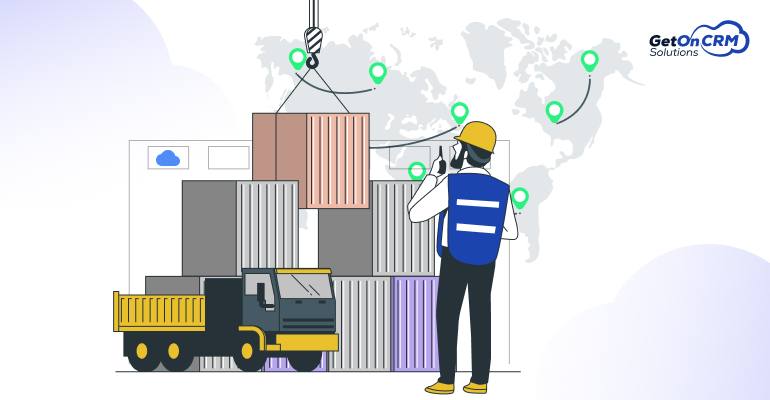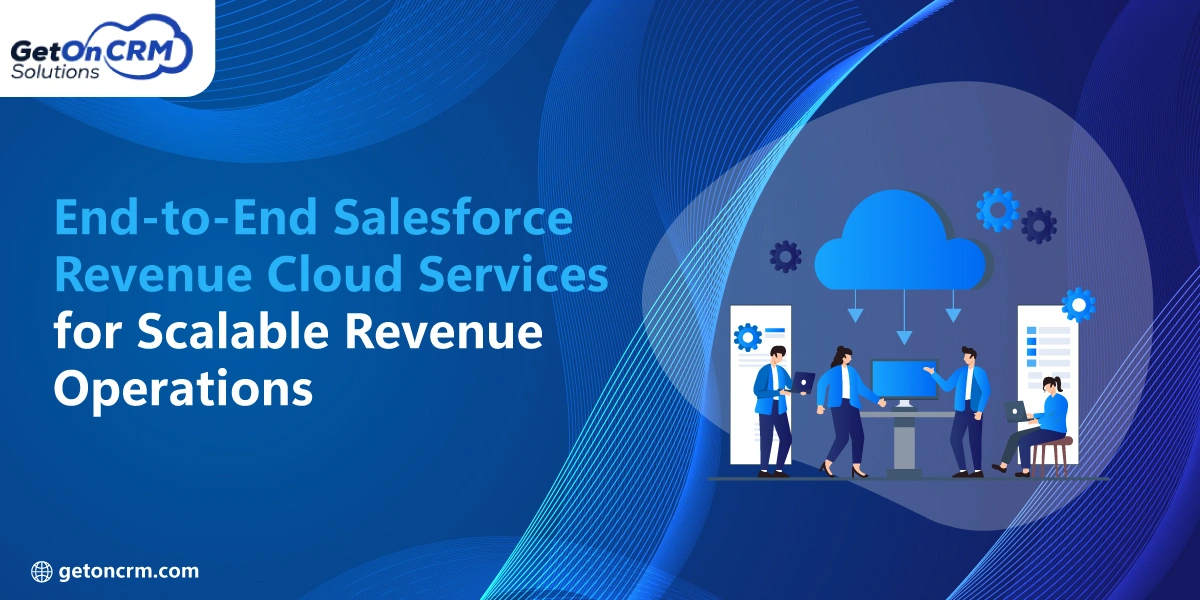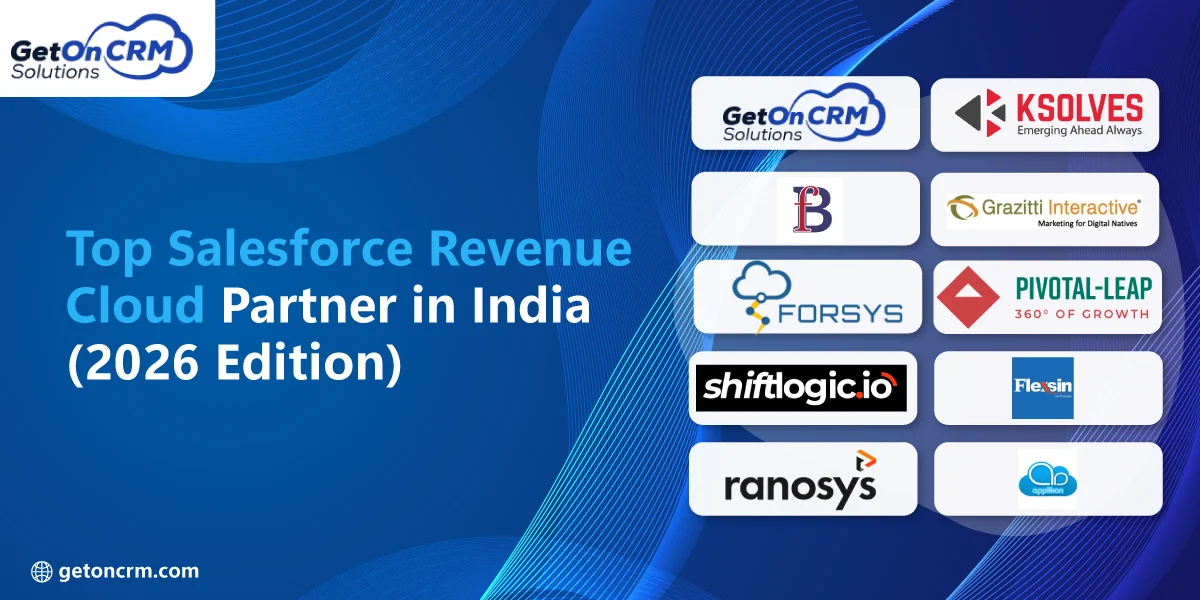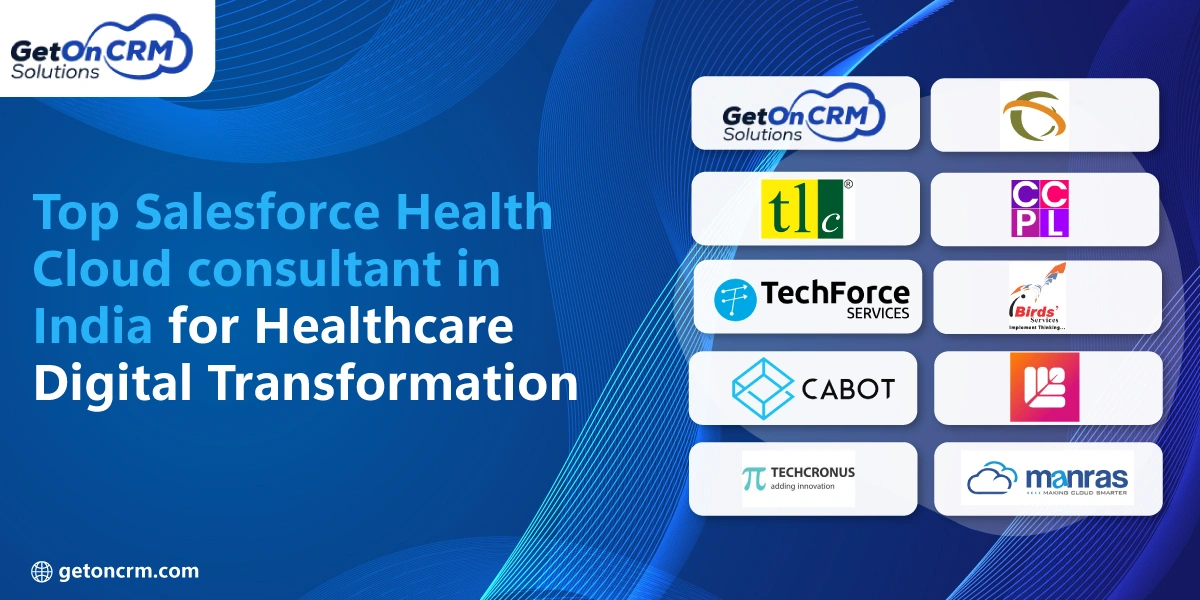In the dynamic world of business, understanding future demand is paramount. Demand forecasting, the art and science of predicting future sales, plays a pivotal role in ensuring operational success. With the rapid advancements in technology, businesses are shifting from traditional methods to more sophisticated, data-driven techniques. Salesforce, a leader in CRM solutions, is at the forefront of this transformation, offering insights that are transforming demand forecasting.
The Evolution of Demand Forecasting
Demand forecasting has undergone significant transformation over the years. Initially rooted in intuition and personal experience, business leaders relied heavily on their instincts and anecdotal evidence to predict future demand. However, as markets expanded and became more complex, the need for more precise forecasting methods became evident.
The Past: Intuition and Quantitative Techniques
- A reliance on gut feelings marked the early days of commerce.
- The introduction of quantitative techniques, such as moving averages and linear regression, marked a shift towards a data-driven approach.
- Historical sales data became a foundational asset for making predictions.
The Present: Embracing Data Analytics and Technology
- The digital age brought an explosion of data, offering businesses deeper insights.
- Modern forecasting integrates various factors, from market trends to economic indicators, providing a comprehensive view of demand.
- Advanced data science techniques, including AI and machine learning, have further refined forecasting accuracy.
The Future: Anticipatory Insights and Real-time Adaptability
- Predictive analytics will enable businesses to foresee emerging trends.
- Real-time data integration will allow for dynamic strategy adjustments in response to market changes.
Salesforce and Demand Forecasting
Salesforce, a global leader in CRM solutions, has recognized the importance of accurate demand forecasting and has integrated advanced tools to aid businesses in this endeavour.
- Harnessing the Power of Data: Salesforce’s platform is designed to analyze vast amounts of data, offering insights into customer behaviour, market trends, and potential challenges.
- Beyond CRM: While Salesforce is renowned for its CRM capabilities, its forecasting tools go beyond customer relationship management, offering businesses a holistic view of their demand landscape.
The Power of Collaborative Forecasting
Salesforce’s Collaborative Forecasting feature is revolutionizing how businesses approach demand forecasting.
- Unified Approach: This feature allows teams across departments to collaborate, ensuring a comprehensive and unified forecast.
- Transparency: By pooling insights and data, businesses can ensure that every stakeholder, from sales to production, has a clear understanding of the demand landscape.
The Three Pillars of Accurate Forecasting
- Technology: Salesforce’s Collaborative Forecasting tool is a testament to the power of technology in enhancing forecasting accuracy. Analyzing historical data, current market trends, and other relevant factors provides businesses with reliable predictions.
- People: No tool, however advanced, can replace the insights and expertise of a company’s workforce. Ensuring that all team members, from sales representatives to top management, are aligned and contribute to the forecasting process is crucial.
- Process: A well-defined, systematic approach to forecasting ensures consistency and accuracy. Best practices, regular reviews, and continuous improvement are essential components of an effective forecasting process.
Strategic Planning with Salesforce
Salesforce isn’t just a tool; it’s a strategic partner. By leveraging its insights:
- Data-Driven Decision Making: Salesforce’s forecasting capabilities enable businesses to transition from guesswork to decisions rooted in data. By analyzing patterns, trends, and anomalies, Salesforce provides actionable insights that drive strategic planning.
- Real-time Adaptability: The dynamic nature of the market requires businesses to be agile. Salesforce offers real-time data updates, allowing companies to adjust their strategies promptly in response to changing market conditions.
Real-time Insights with Salesforce Sales Cloud
The Salesforce Sales Cloud is more than just a CRM; it’s a comprehensive suite that offers:
- Collaborative Forecast Tool: This feature allows teams to work together, sharing insights and data to produce a unified forecast. It promotes transparency and ensures that every stakeholder has a clear understanding of the demand landscape.
- Benefits of Real-time Forecasting: By providing real-time data, Salesforce ensures that businesses can react promptly to market changes, whether it’s a sudden surge in demand or an unforeseen external event affecting sales.
Improving Forecast Accuracy
Accuracy in forecasting is paramount. With Salesforce:
- Data Integrity: Salesforce ensures that the data used for forecasting is clean, consistent, and reliable. This foundation is crucial for producing accurate forecasts.
- Collaborative Input: By pooling insights from various departments, Salesforce’s tools can paint a more comprehensive picture of the demand landscape, leading to a 45% improvement in forecast accuracy.
Cumulative vs. Non-Cumulative Forecasting
Understanding the nuances of forecasting methods can significantly impact outcomes:
- Cumulative Forecasting: This method aggregates data over a specific period, providing a holistic view of demand. It’s particularly useful for businesses with seasonal sales patterns or those looking to understand broader market trends.
- Non-Cumulative Forecasting: This approach focuses on specific intervals, offering a more granular view of demand. It’s ideal for businesses that need to make short-term decisions or those in rapidly changing markets.
Quota Attainment Visibility
Meeting sales quotas is crucial for business growth and profitability:
- Detailed Quota Tracking: Salesforce provides tools that allow businesses to track their progress towards meeting sales quotas in real time. This visibility ensures that teams can adjust their strategies promptly if they’re falling short.
- Revenue Split and Overlay Split Features: These features offer insights into how revenue is distributed, whether it’s between different products, regions, or sales teams. Such granularity is invaluable for strategic planning and resource allocation.
Customizing Salesforce for Unique Business Needs
Every business is unique, and so are its forecasting needs. Salesforce understands this and offers:
- Adaptable Framework: Salesforce’s platform is designed to be flexible, allowing businesses to tailor its features to their specific requirements.
- Case Study: Pure Storage’s Use of Collaborative Forecasting: Pure Storage, a leading data solutions provider, leveraged Salesforce’s Collaborative Forecasting to streamline its demand prediction process, resulting in improved resource allocation and enhanced customer satisfaction.
- Case Study: Nitro’s Solution for Matching Exchange Rates: Nitro, a global company, faced challenges with fluctuating exchange rates. By customizing Salesforce, they were able to integrate real-time exchange rate data, ensuring accurate and consistent forecasting across different markets.
Also Read: How To Automate Order Management With Salesforce Commerce Cloud
The Role of Implementation Partners
Maximizing the benefits of Salesforce often requires expert guidance:
- Enhancing Salesforce’s Capabilities: Partners like Comity Designs and Redpoint offer specialized services that augment Salesforce’s inherent features, ensuring businesses get the most out of their investments.
- Custom Solutions for Business Challenges: Whether it’s integrating third-party data sources, automating specific processes, or developing custom modules, implementation partners play a crucial role in tailoring Salesforce to a business’s unique challenges and goals.
The Future of Demand Forecasting with Salesforce
The world of demand forecasting is evolving rapidly, and Salesforce is at the helm:
- Predictive Analytics and AI: Salesforce is integrating cutting-edge AI tools that analyze vast datasets to predict future trends, going beyond traditional forecasting methods.
- Integration of IoT and Real-time Data Streams: The Internet of Things (IoT) is revolutionizing how data is collected. Salesforce’s ability to integrate real-time data from IoT devices ensures that forecasts are based on the most current and comprehensive data available.
Logistics Optimization through Accurate Forecasting
Efficient logistics is the backbone of any successful business:
- Streamlined Supply Chain Management: Accurate demand forecasting ensures that businesses can optimize their supply chains, reducing costs and improving efficiency.
- Case Studies: Businesses across the globe are leveraging Salesforce insights to revamp their logistics operations. From reducing lead times to optimizing inventory levels, the benefits are tangible and significant.
Challenges in Modern Demand Forecasting
Despite the advancements, challenges persist:
- Data Silos: Disparate data sources can lead to fragmented insights. Salesforce’s integration capabilities aim to bridge these gaps, ensuring a unified view of the demand landscape.
- Rapid Market Changes: The modern market is more volatile than ever. Salesforce’s real-time data capabilities ensure businesses can adapt promptly to sudden shifts.
The Role of Continuous Learning and Adaptation
In the ever-evolving landscape of demand forecasting, staying updated is not just beneficial—it’s essential:
- Embracing New Technologies: As technology evolves, so do the tools and methodologies for demand forecasting. Salesforce continuously integrates the latest tech advancements, ensuring businesses always have access to cutting-edge forecasting tools.
- Feedback Loops: Continuous learning isn’t just about adopting new methods but also about refining existing ones. Salesforce encourages businesses to establish feedback loops, where insights from past forecasts are used to enhance future predictions.
- Salesforce’s Commitment to Innovation: Salesforce’s dedication to improvement is evident in its regular updates, feature additions, and emphasis on user education. This commitment ensures that businesses using Salesforce are always at the forefront of demand forecasting.
Also Read: Generative AI For Small Business: A Blueprint For Success In The Modern Marketplace
GetOnCRM Solutions: Your Partner in Salesforce Implementation
For businesses looking to maximize the benefits of Salesforce, partnering with experts can make a significant difference:
- Expertise in Salesforce: GetOnCRM Solutions brings a wealth of experience in Salesforce consulting, ensuring businesses can leverage all the platform’s features effectively.
- Tailored Solutions: Every business is unique, and so are its challenges. GetOnCRM Solutions understands this and offers customized solutions that address specific business needs, ensuring optimal ROI from Salesforce.
- Continuous Support: Implementing a tool like Salesforce is just the beginning. GetOnCRM Solutions provides continuous support, ensuring businesses can adapt to changing market conditions and always stay ahead of the curve.
Conclusion
Demand forecasting is more than just predicting future sales—it’s about understanding market dynamics, customer behaviour, and potential challenges. In this modern era, where data drives decisions, tools like Salesforce are invaluable. By offering real-time insights, collaborative features, and a suite of advanced forecasting tools, Salesforce empowers businesses to navigate the complexities of demand forecasting with confidence.
For businesses looking for personalized solutions consultations or simply keen on understanding how Salesforce can transform their demand forecasting processes, reaching out is the first step. Our Expert consultants are always ready to assist, ensuring businesses can navigate the future with confidence.
Frequently Asked Questions on Salesforce for Demand Forecasting and Logistics Optimization
How does Salesforce support demand forecasting?
Salesforce uses AI and predictive analytics to analyze past data, buying trends, and market signals—helping businesses predict demand and prepare inventory accordingly.
Why is logistics optimization important?
It ensures products are delivered on time, reduces shipping costs, and improves customer satisfaction. Efficient logistics also cut waste and resource usage.
Can Salesforce integrate logistics data with sales forecasts?
Yes. Salesforce connects sales data with logistics systems, providing a unified view that helps companies align supply chain planning with real-world demand.
How does forecasting benefit businesses financially?
Accurate forecasting prevents overproduction, avoids stockouts, and improves cash flow. It ensures resources are used efficiently, leading to higher profitability.
Is Salesforce useful for global logistics operations?
Absolutely. It provides visibility across international supply chains, helping businesses manage compliance, costs, and delivery timelines effectively.























